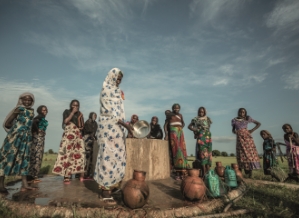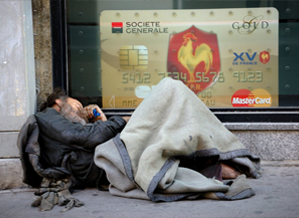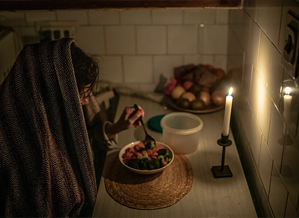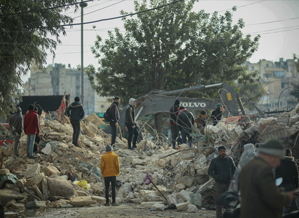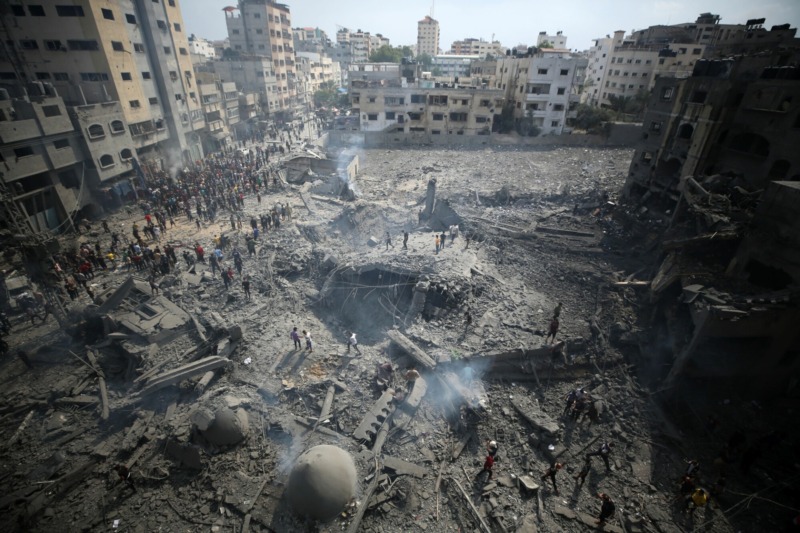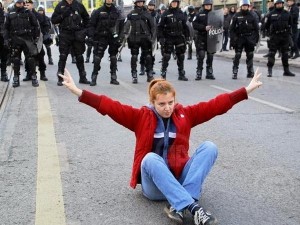
Protests in Bosnia and Herzegovina: culmination of years of social injustice
Since 1995 Bosnia and Herzegovina has been dealing with many parallel transformation processes: peace-building after the war and reconstruction of the state, democratization and transition from the communist planned economy to a capitalist free market.
These processes, combined with nationalist parties as ruling ones and the complex political structure, the system that does not support transparent decision-making processes and enables corruption and formation of the political elite, provided for fertile grounds for many embezzlements during the process of privatization of the public companies, many of which previously formed the axis of the economy of BiH and employed thousands of people, who were now left jobless. About the same number of them continued to work on minimum or no pay, with no health and pension insurance paid by companies, making the years of hard work worthless, since the workers could not accumulate enough for retirement.
Years of reckless behavior and absence of responsibility by the leaders led to the destruction of many publicly owned companies, which resulted in high numbers of unemployed and humiliated people, who felt betrayed.
Many years of ignorance by the leaders for the public complaints, protests, pickets, hunger strikes, and sit-ins have recently erupted in a joint movement throughout the country, with thousands of protesters taking to the streets at the same time every day for the last two weeks.
Protests started on Wednesday, February 5 2014, organized by unemployed workers from 5 factories in Tuzla.
The International community present in the country has condemned the violence, but later supported the citizens democratic right to protest in the peaceful manner.
Over the next weekend (15th &16th February), however, the situation calmed down drastically, as the street protests continued in more a peaceful manner. More organised forms of citizens actions came to exist, through citizens plenums formations in many towns through the country. People in Tuzla even went out for a street clean-up of all the debris from the previous day.
The common requirements of all plenums are: resignation of governments, revision of the privatisation process in BiH, creation or return of the jobs, re-possession of the unlawfully gained assets, health and pension insurance for workers solved, salaries of politicians reduced to reasonable amounts, change of law that allows the resigning politicians to have full salary for a year after resignation (so called “White bread”), the governments formed by the people that do not belong to any political party or option and in accordance to skills and experience as the main criteria.
Citizens of Bosnia and Herzegovina want the society made for people, not for political- tycoon oligarchy, was the general requirement made by citizens.
Political party representatives continue their power-struggle through media mostly, but their statements find no fertile ground. Many comments on portals and facebook profiles, as well as made by people interviewed in the streets, show that they can no longer count with the appeal to “national interests” in manipulating the masses.
“We are hungry in all three official languages” says the response on one of the banners, carried by the protester in Sarajevo street.
While Oxfam condemns all forms of violence in protesting for human rights, we also believe that governments must be accountable for their actions to the citizens, that active citizens are the driving force for any positive change to happen, and that responsible leadership begins with the citizens inclusion in important decisions making processes.
Political context
Bosnia and Herzegovina is young sovereign state that, before the war in 1992-1995., functioned as an administrative unit within Socialist Federal Republic of Yugoslavia.
